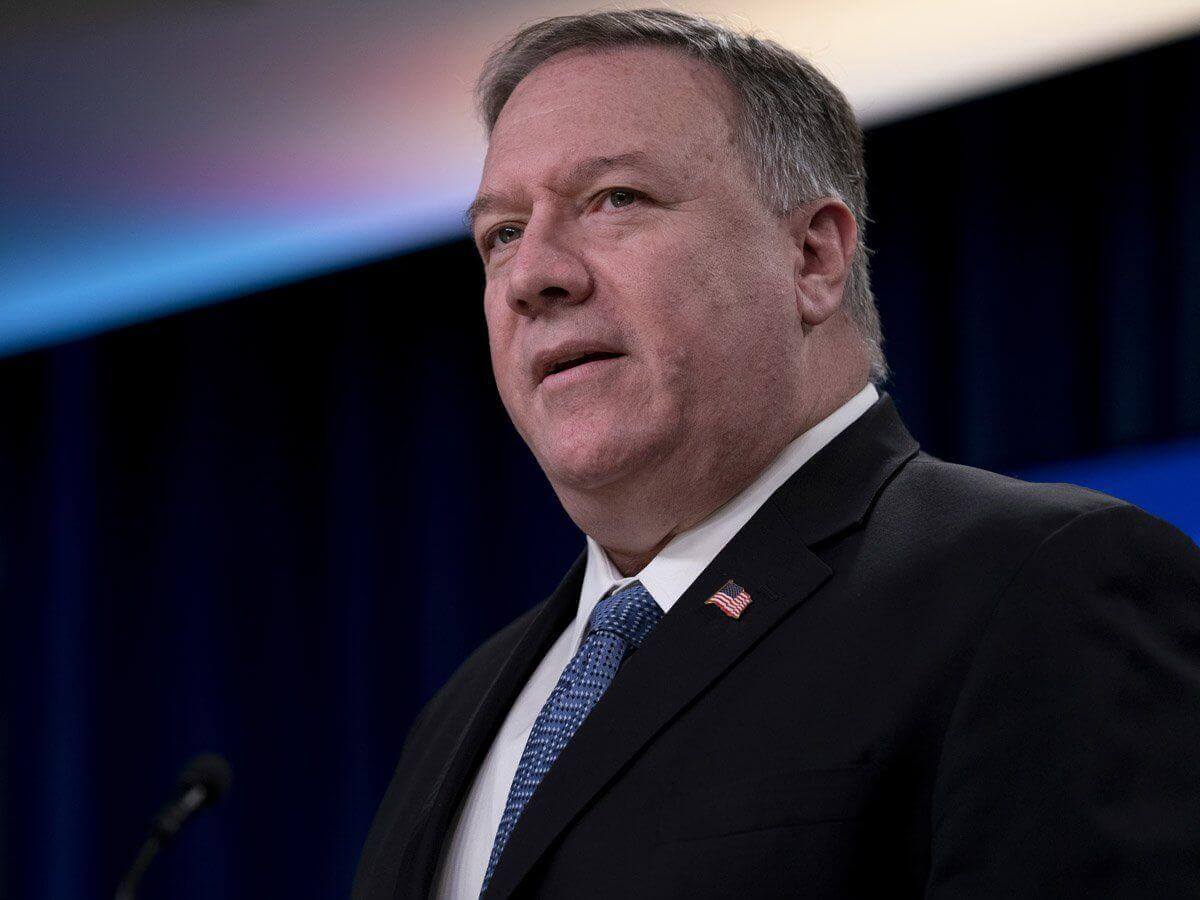The United States has strengthened its call to the international community to take a united stand against China. On Tuesday, in a meeting between US Secretary of State, Mike Pompeo, and Dominic Raab, the UK’s Secretary of State for Foreign Affairs, Pompeo said, “We of course began with the challenge presented by the Chinese Communist Party and the COVID-19 virus that originated in Wuhan, China … The CCP’s exploitation of this disaster to further its own interests has been disgraceful. Rather than helping the world, General Secretary Xi has shown the world the party’s true face.” Consequently, he urged the international community to combine their efforts to “push back” against the Chinese Communist Party’s actions.
Further, on Tuesday, US Defence Secretary Mark Esper called on the US’s Asian allies to help counter China’s aggression in the Indo-Pacific region. Apart from India, Japan, and Australia, who are members of the “quad,” he also called on “Indonesia, Malaysia, the Philippines, Brunei, and Vietnam. In his speech for the International Institute of Strategic Studies, he put forth a three-pronged strategy to counter Chine aggression: “preparedness, strengthening partnerships, and promoting a more networked region”. He also blamed China for “bullying” countries in the Indo-Pacific region and its “brazen disregard of international commitments”.
This speech occurred as the US was conducting two friendly naval exercises in the Indo-Pacific region. The first was in the Philippine Sea, where the US was joined by Australian and Japanese naval ships. The second exercise was conducted with four Indian warships in the Indian Ocean.
In addition to the call to strengthen the global fight against Chinese aggression, Mike Pompeo specifically called upon India to combine its efforts with those of the US at the India Ideas Summit. This virtual summit was preceded by the US’ decision to shut down the Chinese consulate in Houston. Pompeo urged India to decrease its “dependence on China for telecommunications and medical supplies”. Talking about India’s opportunity to move its market away from China, he added, “India is in this position because it has earned the trust of many nations around the world, including the United States.”
However, this is easier said than done. Previously, several commentators have spoken of the difficulties of pushing China out of Indian markets. Representatives of the automobile and pharmaceutical industry have already said that independence from Chinese markets is impossible to achieve. Officials from the pharmaceutical industry say that 70% of Active Pharmaceutical Ingredients are imported from China. In fact, out of all of its trading partners, Indias the largest trade deficit with China. In the 2018-2019 financial year, India imported goods worth $70.3 billion from China, while exporting merely $16.7 billion worth of goods.
US Strengthens Call to Combine Efforts Against Chinese Aggression
At the India Ideas Summit, Mike Pompeo urged India to reduce dependence on Chinese market.
July 23, 2020

US Secretary of State Mike Pompeo SOURCE: TIMES NOW
